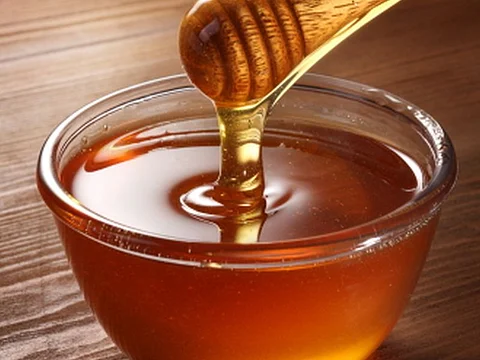TUESDAY, Sept. 27, 2016 (HealthDay News) -- Diluted Manuka honey can prevent early biofilm formation, according to a study published online Sept. 26 in the Journal of Clinical Pathology.
Somadina Emineke, from the University of Portsmouth in the United Kingdom, and colleagues examined the impact of Manuka honey on early biofilm formation. Static bacterial cultures were used in vinyl 96-well plates to grow Escherichia coli strain ATC 25922 and Proteus mirabilis, strain 7002. After removal of planktonic cells, the residual biofilm was stained with crystal violet. Manuka honey was added with the bacteria or up to 72 hours later.
The researchers found that the biofilms were developed over three days, after which growth was stalled. Compared with monocultures, mixed cultures of E. coli and P. mirabilis grew slower. Honey gave a dose-dependent reduction in biofilm formation in mixed cultures (3.3 to 16.7 percent weight/volume). All cultures were inhibited maximally at 72 hours (P < 0.001). The adherent bacterial biomass was also reduced with application of honey to cultures after 24 and 48 hours (P < 0.05 to 0.01).
"Manuka honey at dilutions as low as 3.3 percent weight/volume in some protocols and at 10 percent or above in all protocols tested significantly inhibits bacterial attachment to a vinyl substrate and reduces further early biofilm development," the authors write.
Abstract
Full Text


